Chinese Puzzle: a chat with director Cédric Klapisch
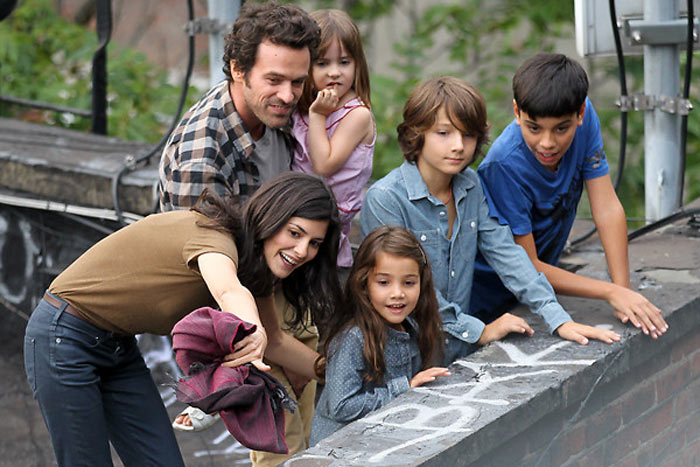
Chinese Puzzle is the new film by director Cédric Klapisch, staring Romain Duris, Audrey Tautou and Kelly Reilly. We caught up with Klapisch on the day of the film’s UK release to ask him about the film, its possible sequel and what it means to be forty.
Chinese Puzzle is the third film of a trilogy. How have you changed as a director since the first film, L’Auberge Espagnole?
I think the first one, L’Auberge Espagnole, was a lot more spontaneous, and we were working with the idea of the actors being spontaneous. So in (Chinese Puzzle), it’s a lot more about thinking things over, about preparing things, and it’s not about improvisation any more. I think it went along with the subject of the movie, because this one is about someone being forty years old, and the first one was about being twenty five years old and really improvising your life. I think that is what changed for me and what changed for Xavier (played by Romain Duris).
What’s the significance of being 40?
I think it’s about admitting that you have to take responsibility for your life, you know? You have to accept that you can’t really be a teenager forever, or have fun all the time, so you have to choose your way and accept that. I think that being forty is really about that.
Forty years old, for me, is the end of youth, but you’re not old either, so it’s an age that is interesting because of that. You can really enjoy life, because you don’t have the problems of being old: problems with your health or with your body, and yet you don’t have the excitement of the first times. When you’re twenty, you’re in love for the first time, you have a job for the first time, you’re going to new countries for the first time. When you are forty, you don’t have first times like that, so it’s not about that excitement, it’s about trying to find the enthusiasm without that kind of first time experience enthusiasm.
When I watched the film, there were some scenes that stood out for me, especially the scenes with his arrogant lawyer (Played by Jason Kravits). Which scene was was your favourite?
I really liked this scene because, as you said, I really like that character. For me it’s really about America. He says you have to follow the rules, and then at the end he says you can manage without the rules. For me America is really about that, that maybe you can improvise, but you have to follow the rules first, so I think it’s really about America for me.
I like the scene with the father, because this movie is a lot about being a father yourself. You have children and you have to experience what it is to be a father, but you also have to revisit the relationship that you have with your own dad. I really like what happens with Xavier because in order to be a father himself he has to set things straight with his own father. I really liked that.
You’ve described L’Auberge Espagnole, Russian Dolls and Chinese puzzle as a trilogy, but at the end of Chinese Puzzle, I couldn’t help but think I’d love to see these characters in another ten years. Is there any possibility that there could be a fourth film?
I have no Idea. I think that the two possibilities exist and it depends on whether in ten years I want to do a fourth one, and especially if the actors want to do a fourth one. In a sense I really can’t answer that question now.
Also about the story itself, I think that if there is a major event, if Europe doesn’t exist anymore, if there is a war, if Africa becomes what China is today or something like that, then yes, it would be really interesting to do a fourth one. It will tell a story about that, about how time changes, and about how far it can change. I think if there is a fourth one, it will be also be about change in the world and how the world can change with the characters.
The three films are set in different cities around the world, but a lot of Chinese Puzzle is set not only in New York, but in Chinatown. What elements of Chinese culture were important for you to include in the film?
The idea of the French sentence Casse-tête Chinois (the original french title), is not exactly the same as “Chinese Puzzle”. The idea is that it’s a puzzle that’s hard to solve, that’s what it means in French. It means something complicated, that we don’t understand because that’s what we think about the Chinese language, it’s hard to understand because it doesn’t have an alphabet, it has ideograms. It feels like the culture which is the furthest away.
I think what I wanted to say with that, is what Xavier always says about things being complicated to understand. It’s really about dealing with a culture that you don’t understand at the beginning, that then becomes simple. If you spend ten years in China then it becomes your culture. I think that I wanted to get across the idea that everything that seems impossible to understand and far away from yourself, it can be close, and it can be understandable at some point.
Not all the characters have made a return for this movie. Wendy’s brother, William (played by Kevin Bishop), is absent. What do you think he’s doing now?
Well, for a long time he was in the script but unfortunately there was a planning problem, (Kevin) was the main character in a TV series, so we forgot about his presence, although I really wanted him to be there. For me William’s presence – and it will happen in the next episode if it exists – is what Xavier can’t be. I think it’s funny that at the beginning of L’Auberge Espagnole he’s someone who is really unimportant and annoying, and then he becomes someone a lot more mature and a lot more trustworthy than Xavier so I think that’s what he should mean.
Joe Manners Lewis
Chinese Puzzle was released nationwide on 20th June 2014.
Read our review of Chinese Puzzle here.


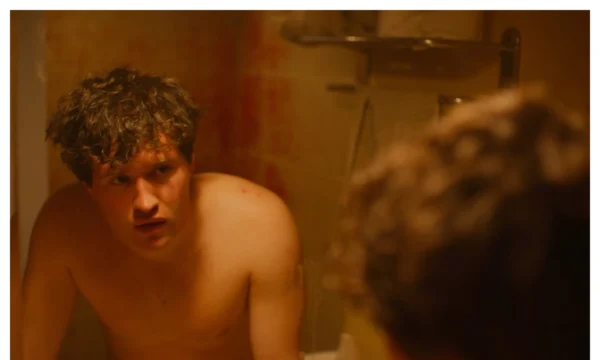

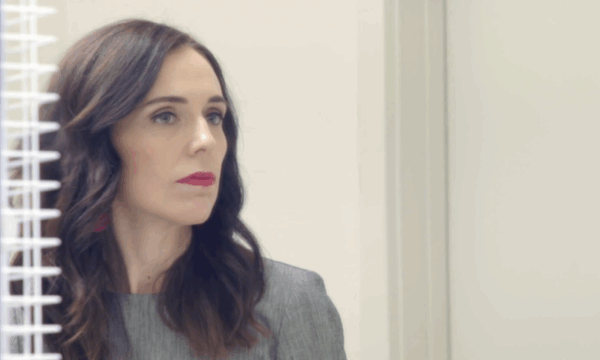
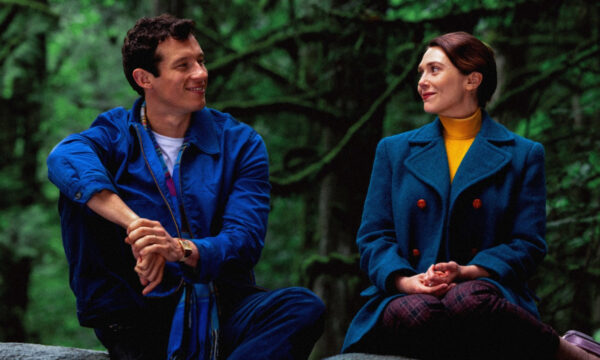
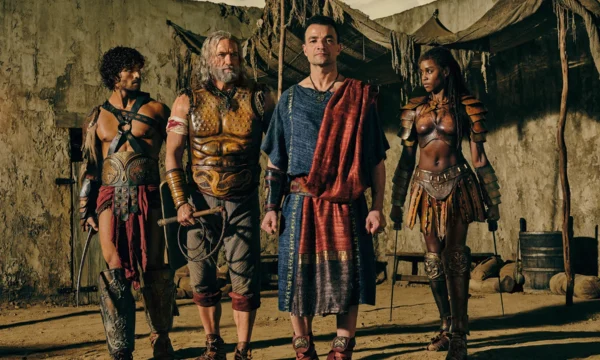
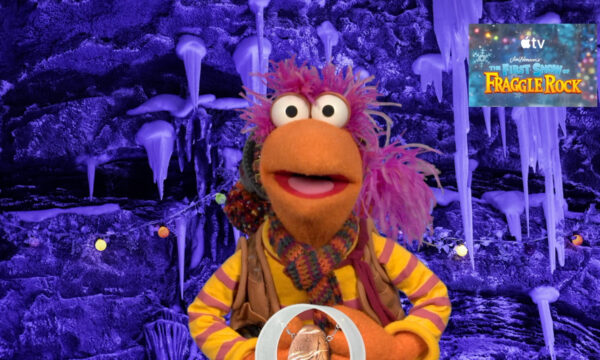
















Facebook
Twitter
Instagram
YouTube
RSS